Trump eyes sanctions against Russia as relationship with Putin sours
Donald Trump is tiring of the Ukraine peace negotiations and is considering abandoning them all, while Kyiv allies including the US remove all range restrictions on weapons they supply.
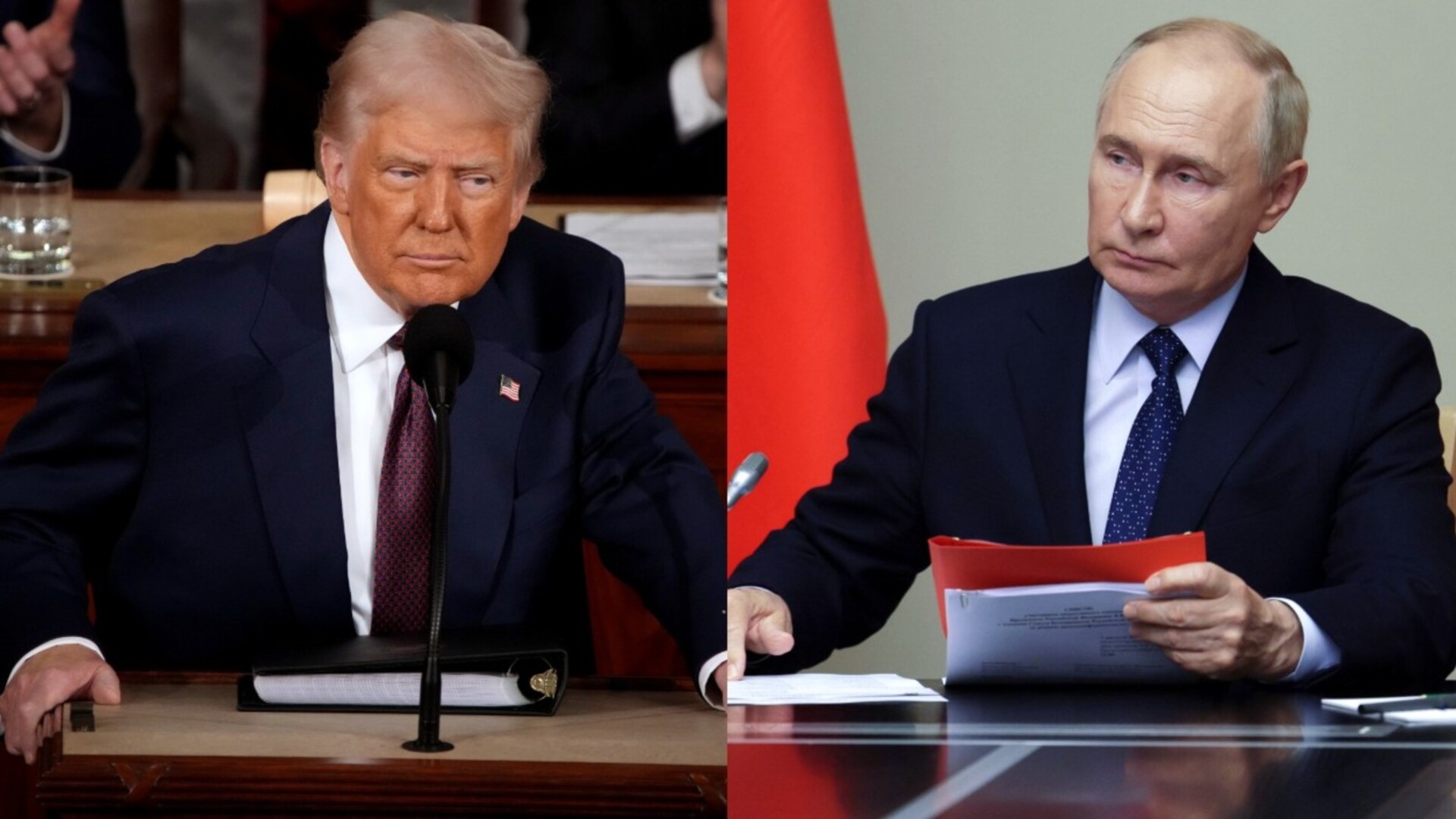
President Trump is eyeing sanctions against Moscow this week as he grows frustrated by Russian President Vladimir Putin’s continued attacks on Ukraine and the slow pace of peace talks, according to people familiar with Trump’s thinking.
The restrictions likely wouldn’t include new banking sanctions, one of the people said, but other options are under discussion to pressure the Russian leader into concessions at the negotiating table, including a 30-day ceasefire supported by Ukraine that Russia has long rejected. Trump might also decide not to impose new sanctions.
Trump addressed the potential of new sanctions on Sunday, saying that he is “absolutely” considering them. “He’s killing a lot of people,” Trump said of Putin. “I don’t know what’s wrong with him. What the hell happened to him?”
Trump is also tiring of the peace negotiations and is considering abandoning them all together if a final push doesn’t work, people familiar with his thinking said, a remarkable change for a leader who campaigned on his ability to end the conflict on his first day in office. It is unclear what would happen if the US retreats from the peace process and whether Trump would continue to provide military support to Ukraine.
“President Trump has been clear he wants to see a negotiated peace deal,” said White House press secretary Karoline Leavitt in a statement to The Wall Street Journal. “President Trump has also smartly kept all options on the table.”
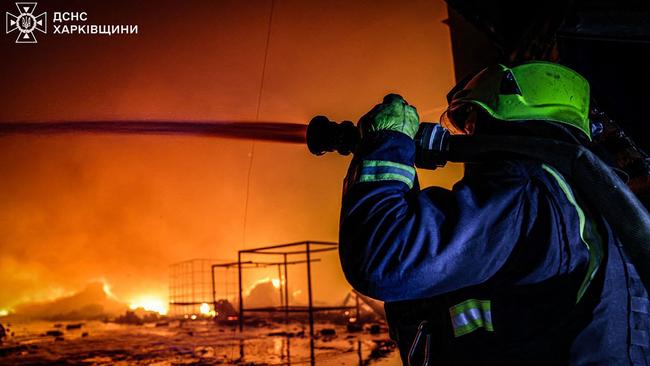
The developments mark a new deterioration in relations between the US and Russia – which have had ups and downs even in the past few months. Trump came into office believing he was in a unique position to improve ties between the two countries due to what he viewed as his strong personal relationship with Putin.
But Trump has been unable to coax major concessions from the Russian leader on a negotiated peace with Ukraine, and Putin has intensified the war recently. Hours after Trump’s comments Sunday, Russia launched its largest-ever drone-and-missile assault on Ukraine overnight into Monday. Ukraine’s air force said Russia launched more than 350 explosive drones and at least nine cruise missiles. The Russians characterised the strikes as retaliation for Ukrainian bombings within Russian territory.
On Monday, German Chancellor Friedrich Merz said that the US, Germany, France and the UK would no longer impose range restrictions on Ukraine’s use of weapons supplied by Western allies, meaning it could target military positions deeper into Russia. To date, Ukraine has only been able to use long range missiles supplied by those countries against Russian troops within a certain range. The Biden administration had opposed removing range limits, fearing it could escalate the war.
The White House declined to comment on the restrictions.
Over his first few months in office Trump’s posture toward Putin has changed frequently. He has considered new sanctions and had harsh words for the Russian leader but has also talked about reducing trade barriers with Russia and opening the country to U.S. investments and deals.
Trump’s rhetoric on Sunday was notably tough. “I’ve known him a long time, always gotten along with him, but he’s sending rockets into cities and killing people and I don’t like it at all,” Trump said. “We’re in the middle of talking and he’s sending rockets into Kyiv and other cities. I don’t like it at all.”
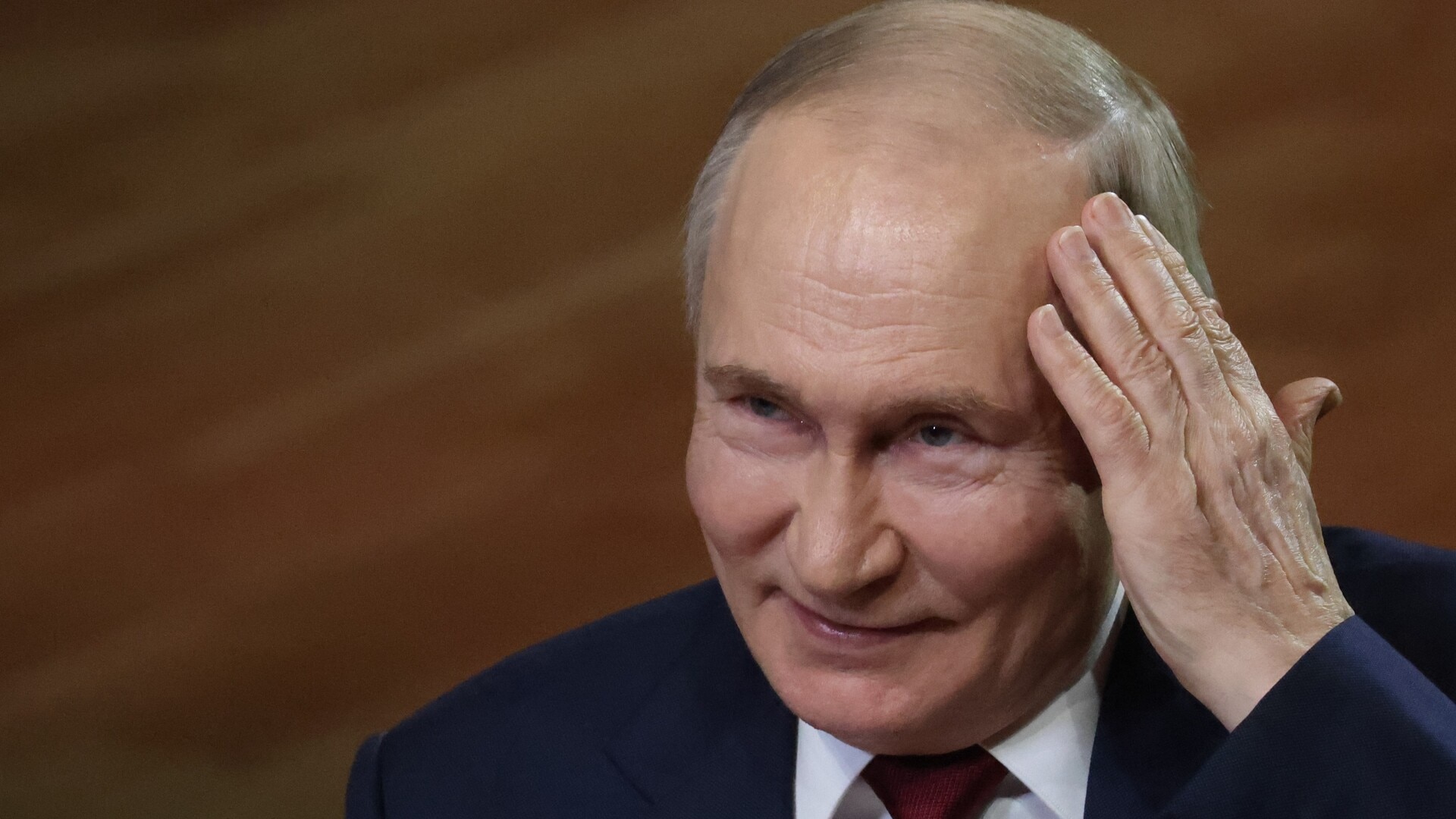
“It appears from these comments that President Trump is figuring out President Putin,” said William Taylor, a former U.S. ambassador to Ukraine. “The question is – is it serious? Will this be enough to take some steps, to put some sanctions on?
“The answer to the question seems to be that Trump is on the verge of concluding – or has concluded – that Putin is the obstacle.”
For weeks, Trump had been resisting pressure to reprimand Putin for failing to agree to a ceasefire that Ukraine supported. Allies such as Sen. Lindsey Graham (R., S.C.) told Trump that Putin didn’t want a deal, and only punishments would make him seriously negotiate.
But three key views coloured Trump’s thinking, officials said. First was his dislike for Ukrainian President Volodymyr Zelensky, who Trump felt encouraged further conflict by pushing for sanctions, even though Zelensky agreed to a ceasefire. On Sunday, as he blasted Putin, Trump also criticised Zelensky in a post on social media where he said the Ukrainian leader “is doing his Country no favours by talking the way he does.” Trump has also believed that additional sanctions on Russia wouldn’t curb its ability to wage war but would hamper efforts to revive U.S.-Russian economic ties.
Finally, Trump felt that he knew Putin and that the Russian leader would end the war as a personal favour. Putin’s unwillingness to budge has soured Trump’s view of his counterpart, especially after a phone call last week during which Putin refused to sign on to a ceasefire.
In a call with Zelensky and European leaders afterward, Trump said that he didn’t think Putin really wanted peace, The Wall Street Journal previously reported.
Meanwhile, the U.S. Senate is also ramping up pressure on Russia. Graham, along with Sen. Richard Blumenthal (D., Conn.) introduced a measure to impose new sanctions on Russia and steep tariffs on countries that buy Russian oil, gas and uranium, which has attracted backing from more than 80 of their colleagues.
Trump is now on a path familiar to previous U.S. presidents who have believed they could work with Putin, only to see their efforts fail. George W. Bush in 2001 said of Putin that he “looked the man in the eye” and gleaned “a sense of his soul” and had determined that Putin was “very straightforward and trustworthy.” Later, Putin invaded Georgia.
Barack Obama and his administration, in 2009, sought a “reset” with Putin, only to be lectured by the leader and later watch him march into Ukraine and seize Crimea.
During Trump’s first administration, Russia continued to back attacks by separatists in Ukraine and Trump supplied offensive weaponry. On the campaign trail, Trump said Russia wouldn’t have invaded Ukraine if he had been in office and has repeatedly said that he could quickly stop the fighting.
“Before I even arrive at the Oval Office, shortly after we all together win the presidency, we will have the horrible war between Russia and Ukraine settled,” Trump said in July 2023. “It will be settled.”
Dow Jones

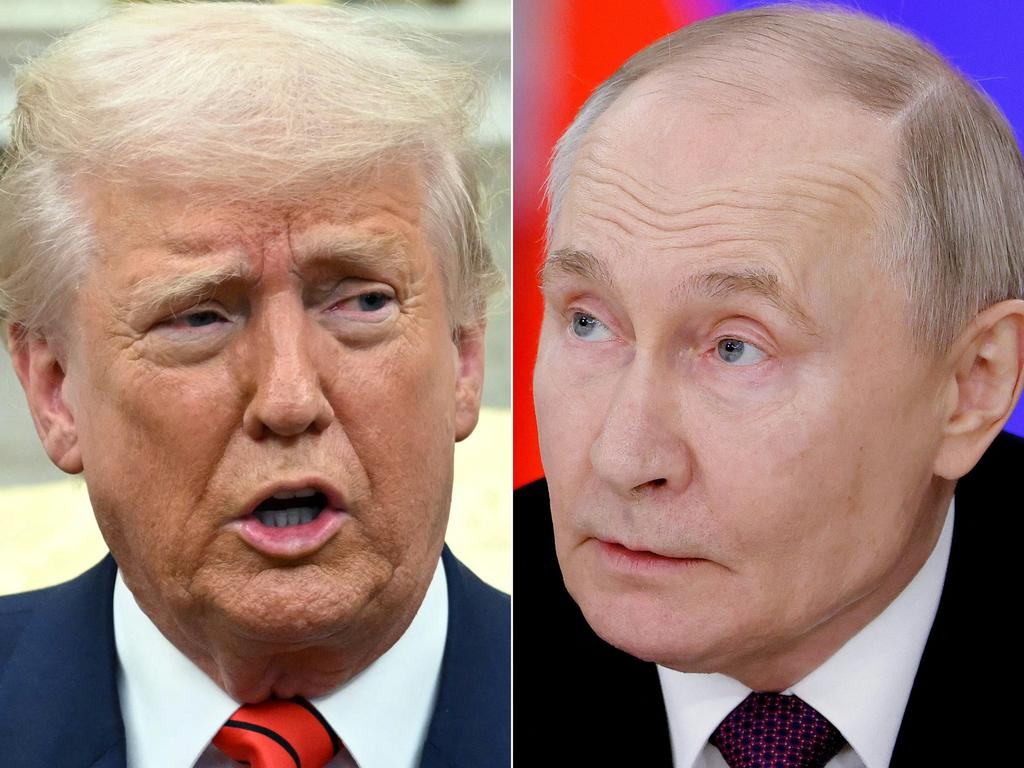


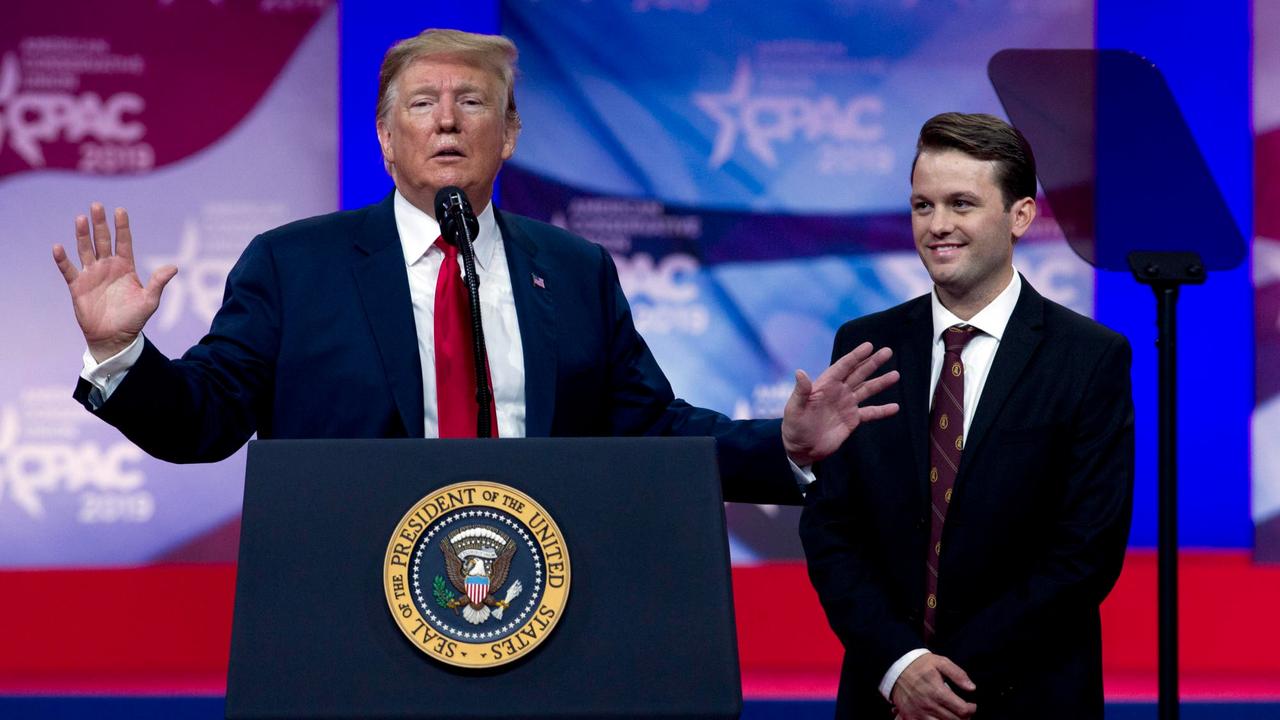
To join the conversation, please log in. Don't have an account? Register
Join the conversation, you are commenting as Logout